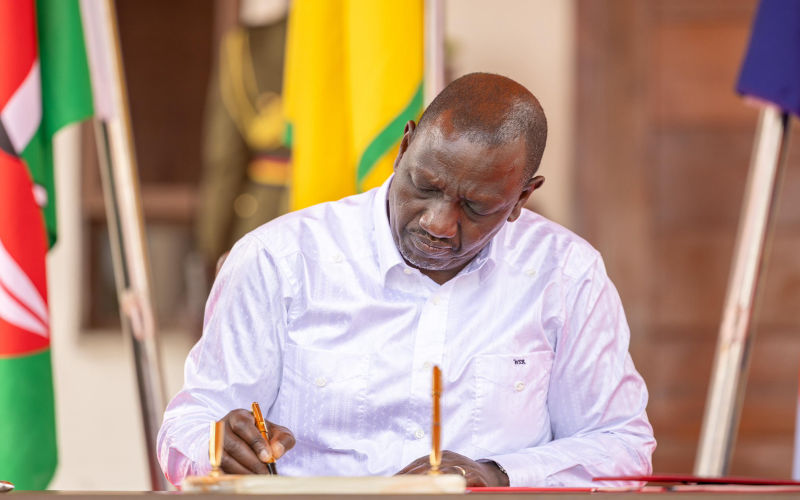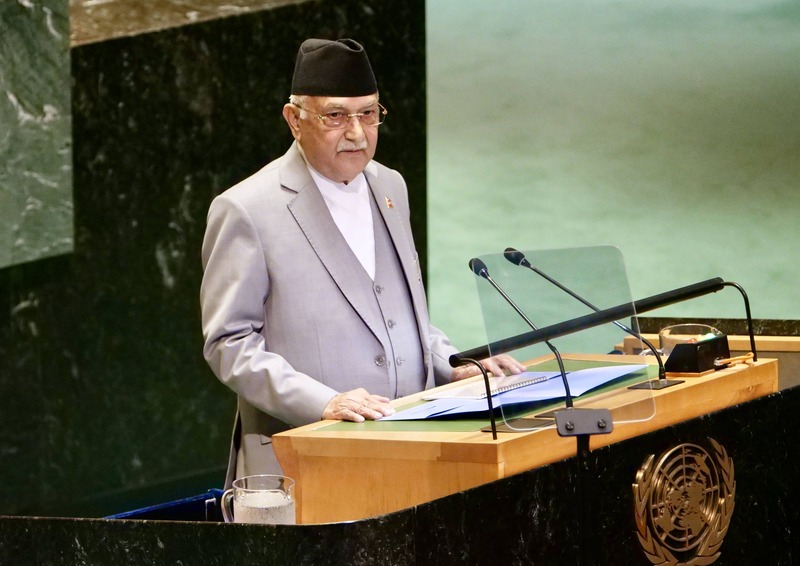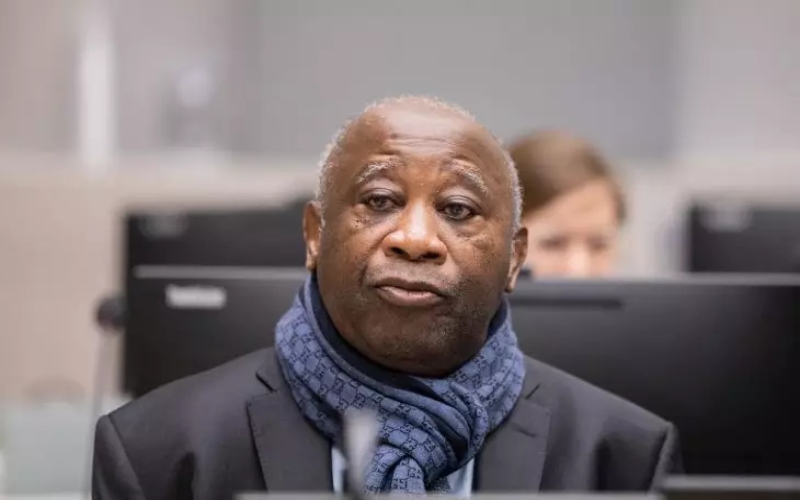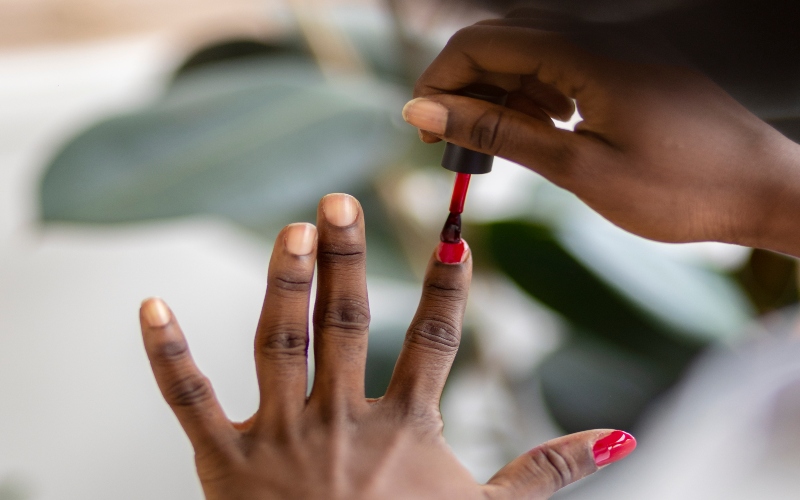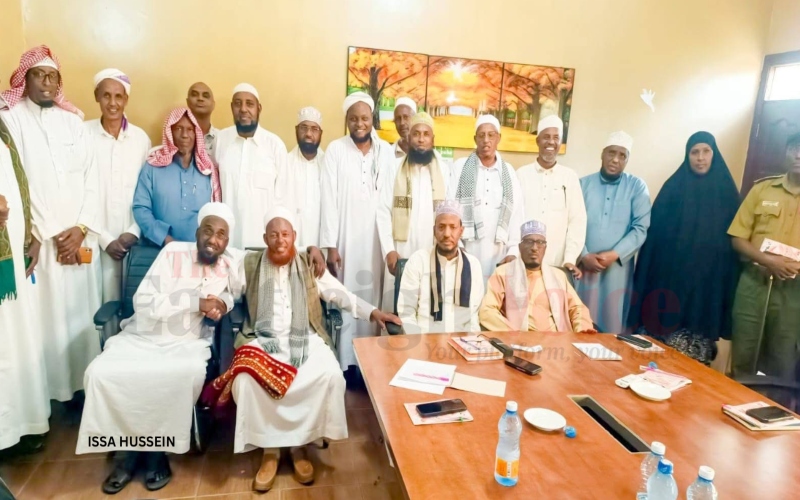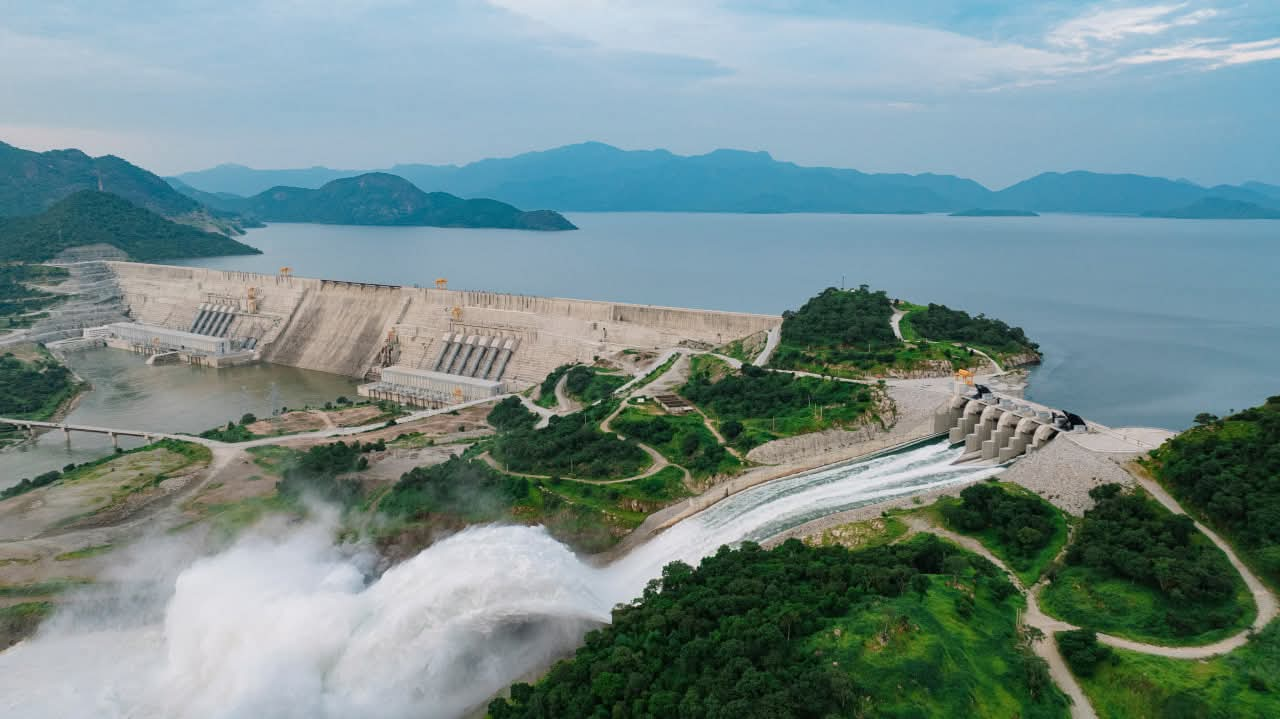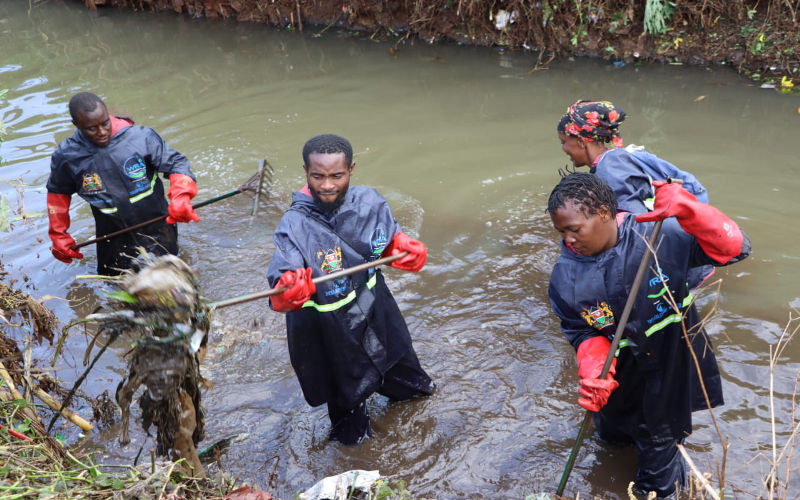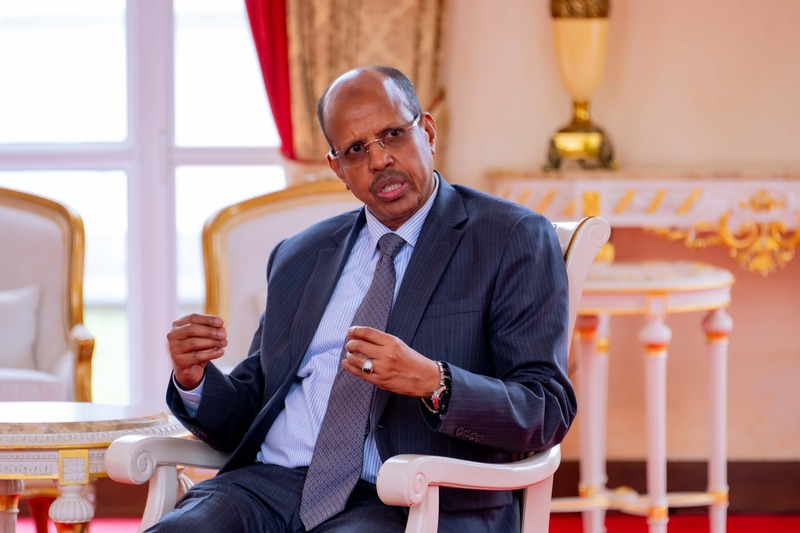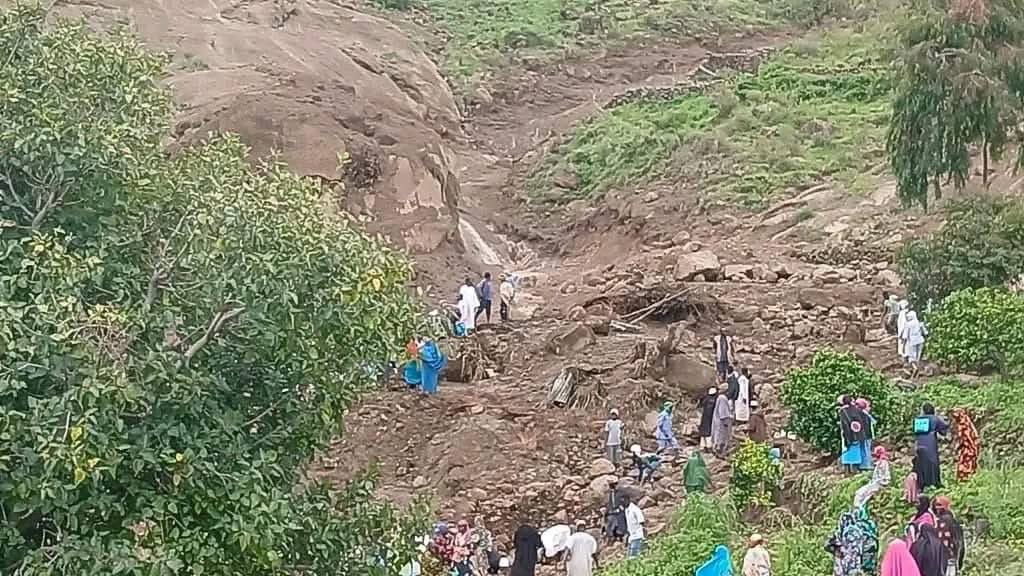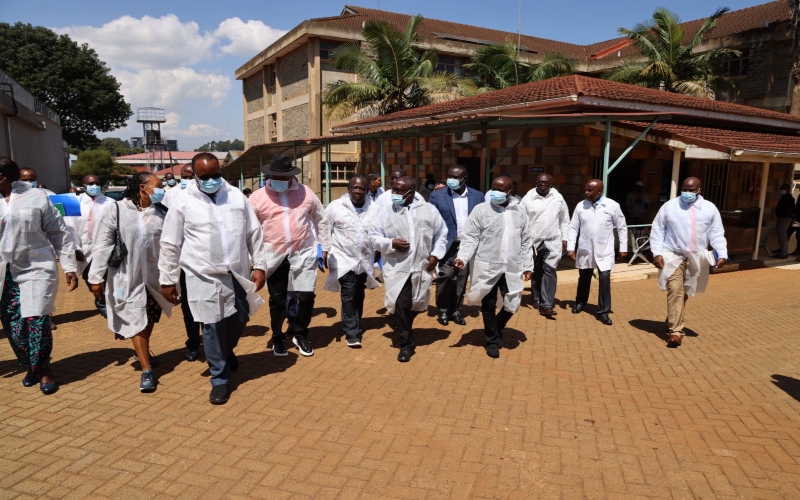Saba Saba death toll rises to 38, KNCHR confirms
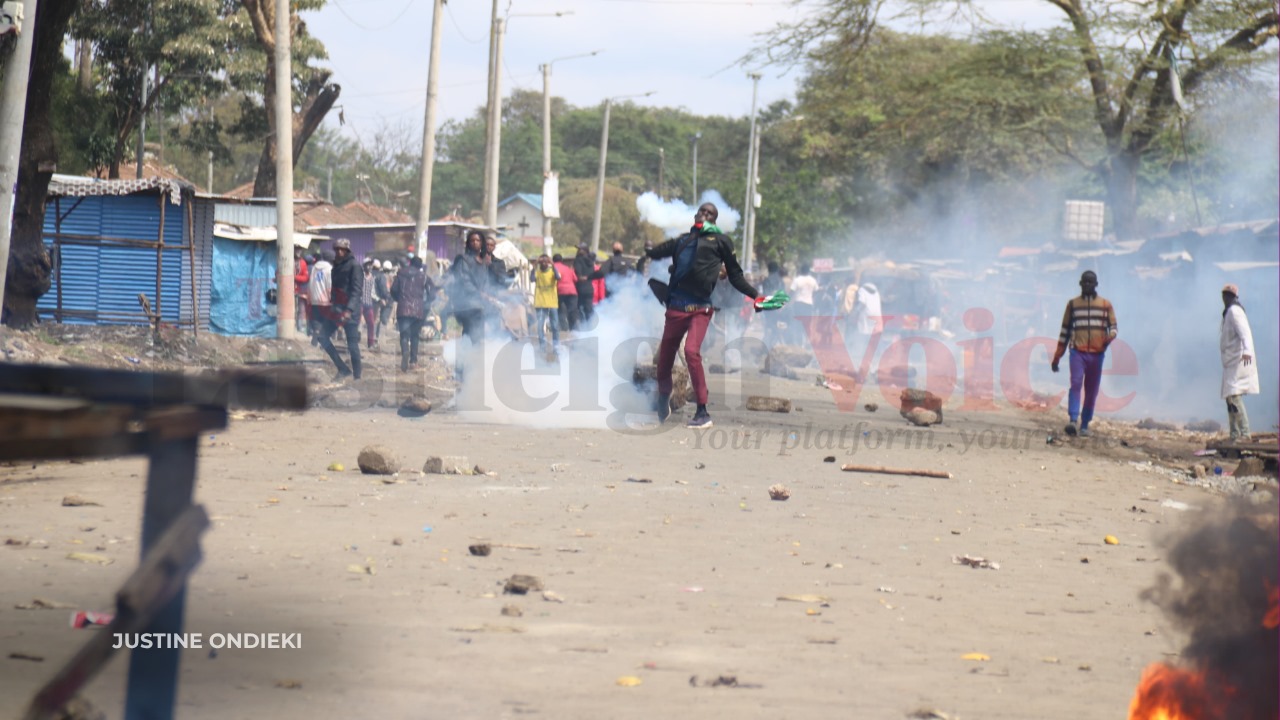
It further indicated that 130 people are still nursing injuries at home and in various health facilities across the country.
The Kenya National Commission on Human Rights (KNCHR) has confirmed that the death toll linked to the Saba Saba Day protests has risen to 38, with over 130 people still nursing injuries across the country.
The Commission has raised alarm over the continued loss of life and the high number of youth among the victims, calling for urgent action and accountability.
More To Read
- KNCHR nominee admits victims’ compensation panel encroaches on commission
- DPP granted 30 days to review Mawego Police Station arson case files
- Treasury reports fastest tax growth in two years amid July protests
- Ruto nominates John Lorionokou as Registrar of Political Parties, Claris Onganga for KNCHR chair
- KNCHR: Killings, disappearances and arbitrary arrests of rights defenders on the rise in Kenya
- Five Kenyans sue IG Douglas Kanja, top security chiefs over protest violence inaction
In a statement issued on Friday evening, KNCHR Chairperson Raymond Nyeris said the Commission is continuing its investigations into human rights violations that occurred during the July 7 protests.
He revealed that of the 15 postmortems conducted so far, 14 victims died from gunshot wounds. Among the deceased is a 12-year-old girl who was shot while watching television in her home in Kiambu.
“The Commission observes that the death toll has now risen to thirty-eight (38) people as of 1800hrs today,” the statement read.
It further indicated that 130 people are still nursing injuries at home and in various health facilities across the country.
KNCHR listed the fatalities as follows: Kiambu (8), Nairobi (6), Kajiado (6), Nakuru (4), Kirinyaga (3), Murang’a (3), Embu (2), Meru (2), Laikipia (2), Nyandarua (1), and Nyamira (1). Among those confirmed dead are four women and two children, with the majority being youth under the age of 25.
The Commission, in collaboration with the Independent Police Oversight Authority (IPOA), the Law Society of Kenya (LSK), and the Independent Medico-Legal Unit (IMLU), is helping bereaved families carry out postmortems.
However, it said most families are struggling to afford the procedures despite a government-issued waiver.
“The families claim they are also being charged postmortem fees in addition to other medical and mortuary bills contrary to the waiver issued by the Government,” the Commission stated.
“A majority of these families are underprivileged and unable to pay the bills.”
KNCHR is now demanding that the Ministry of Health urgently and unconditionally scrap all medical charges incurred by victims of the protests.
It urged the government to ensure postmortems are conducted promptly and in the presence of independent pathologists, IPOA, and legal representatives.
The Commission also called on members of the public to report all human rights abuses using official channels, saying it remains committed to its constitutional and legal duty to protect and promote human rights.
The rising number of fatalities comes amid heightened debate over police conduct during recent demonstrations.
President William Ruto, speaking at a police housing launch in Kilimani on Wednesday, defended the use of force to curb looting and destruction of property.
“Anyone who burns down someone else’s business and property, let them be shot in the leg and go to the hospital as they head to court. Yes, let them not kill, but shoot and break the legs,” the President said.
Ruto said violent acts against police and government installations will be treated as terrorism.
“Those who attack our police, security installations, including police stations, are declaring war. It is terrorism, and we are going to deal with you firmly,” he said.
The President also warned that political leaders financing unrest will be pursued, declaring, “It is leaders financing youth to carry out those acts, and we are coming after you!”
The country has seen weeks of unrest, led largely by young people protesting the rising cost of living and restrictions on freedom of expression.
Human rights groups have repeatedly accused security agencies of excessive force, unlawful killings, and harassment of demonstrators.
Top Stories Today
